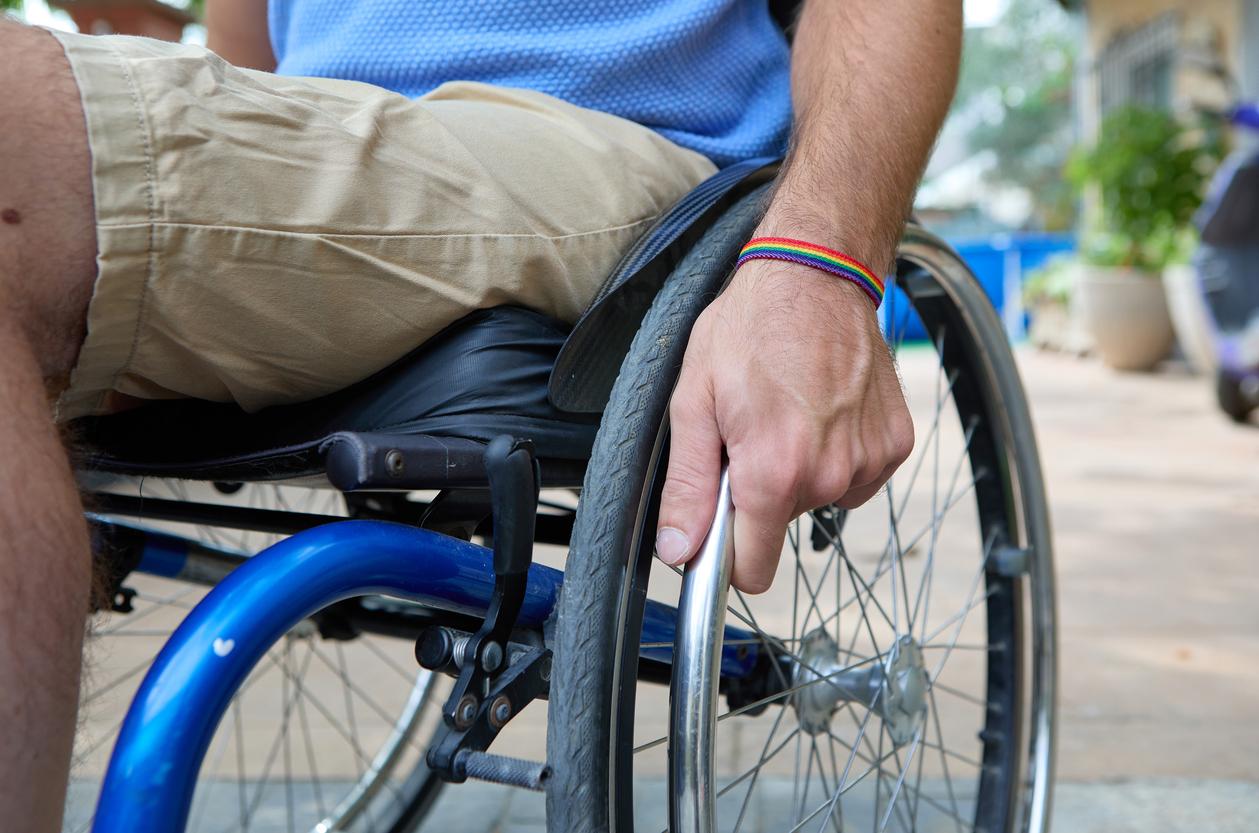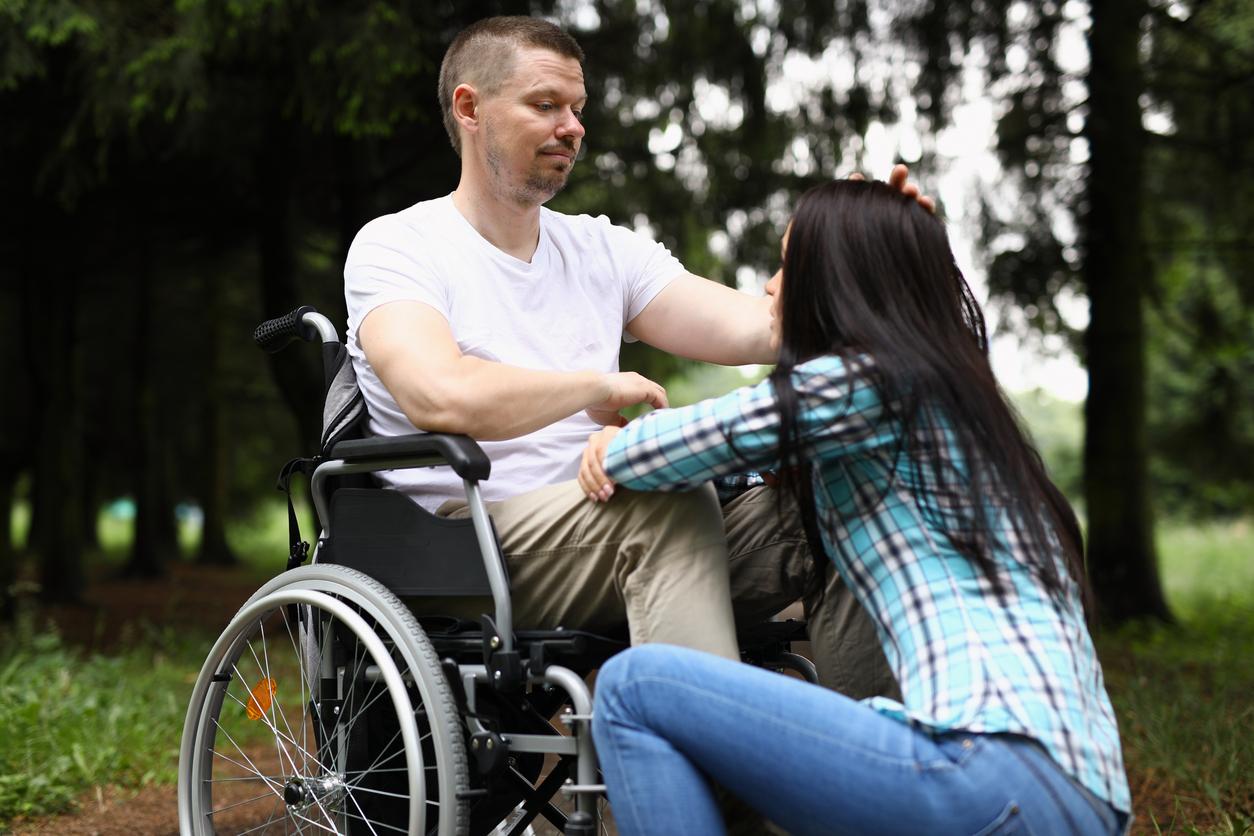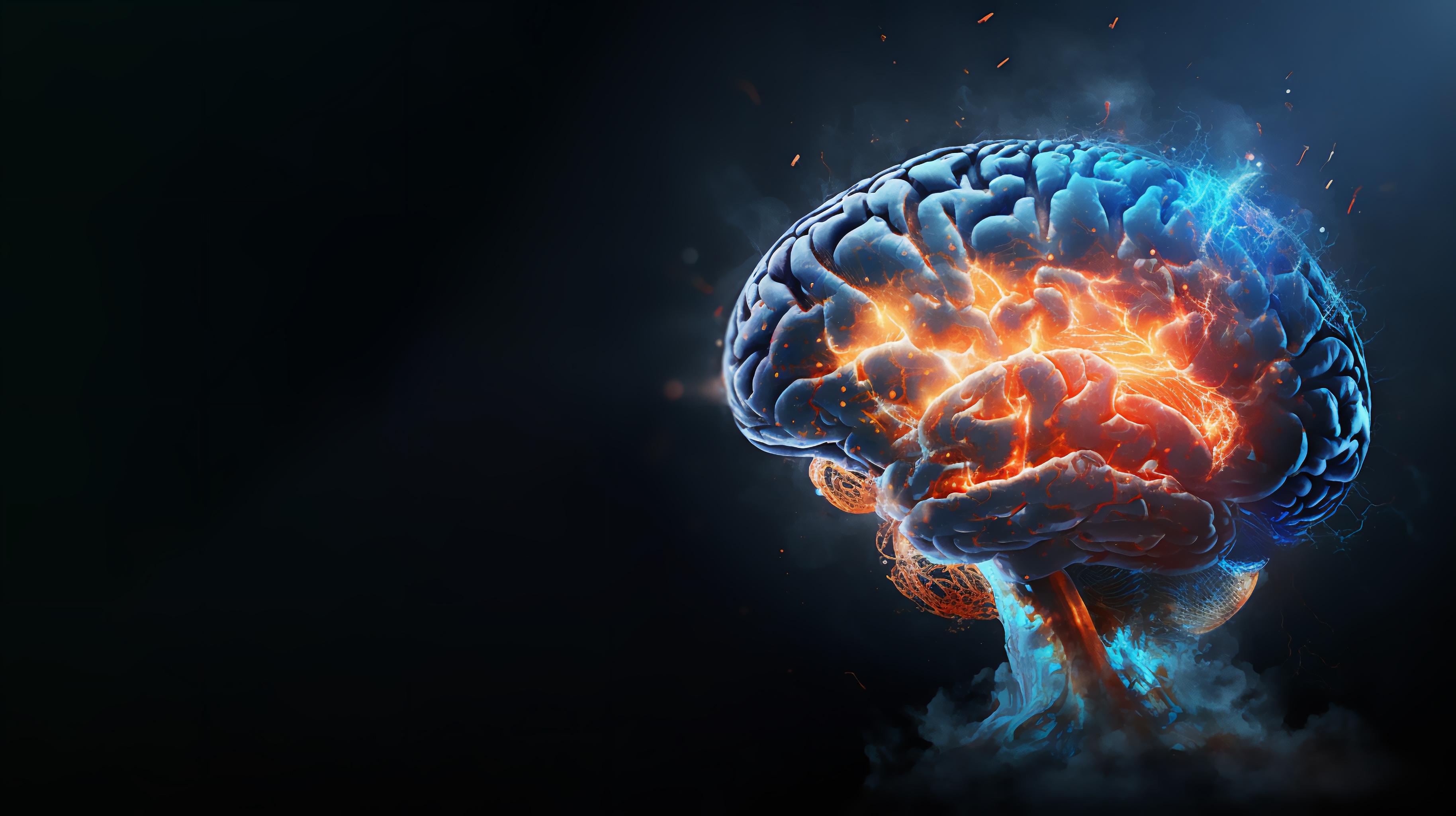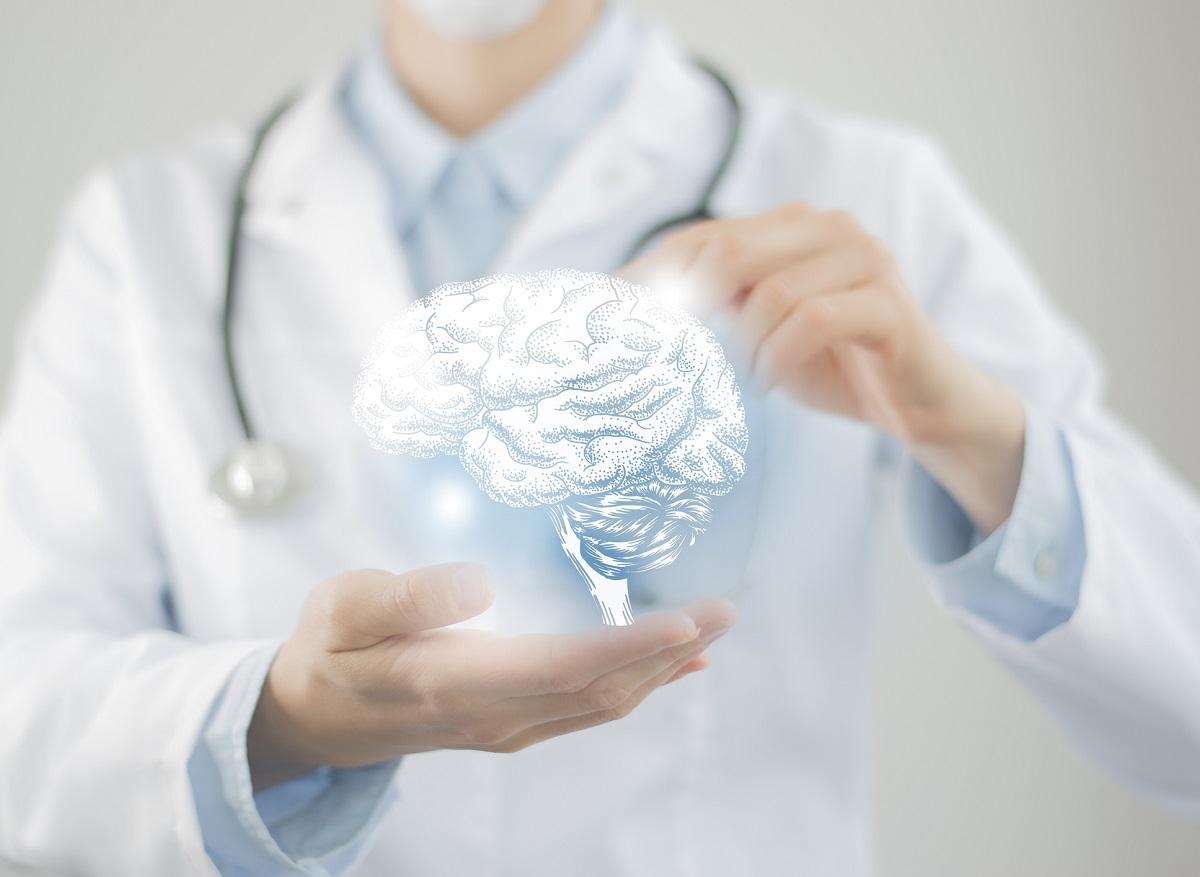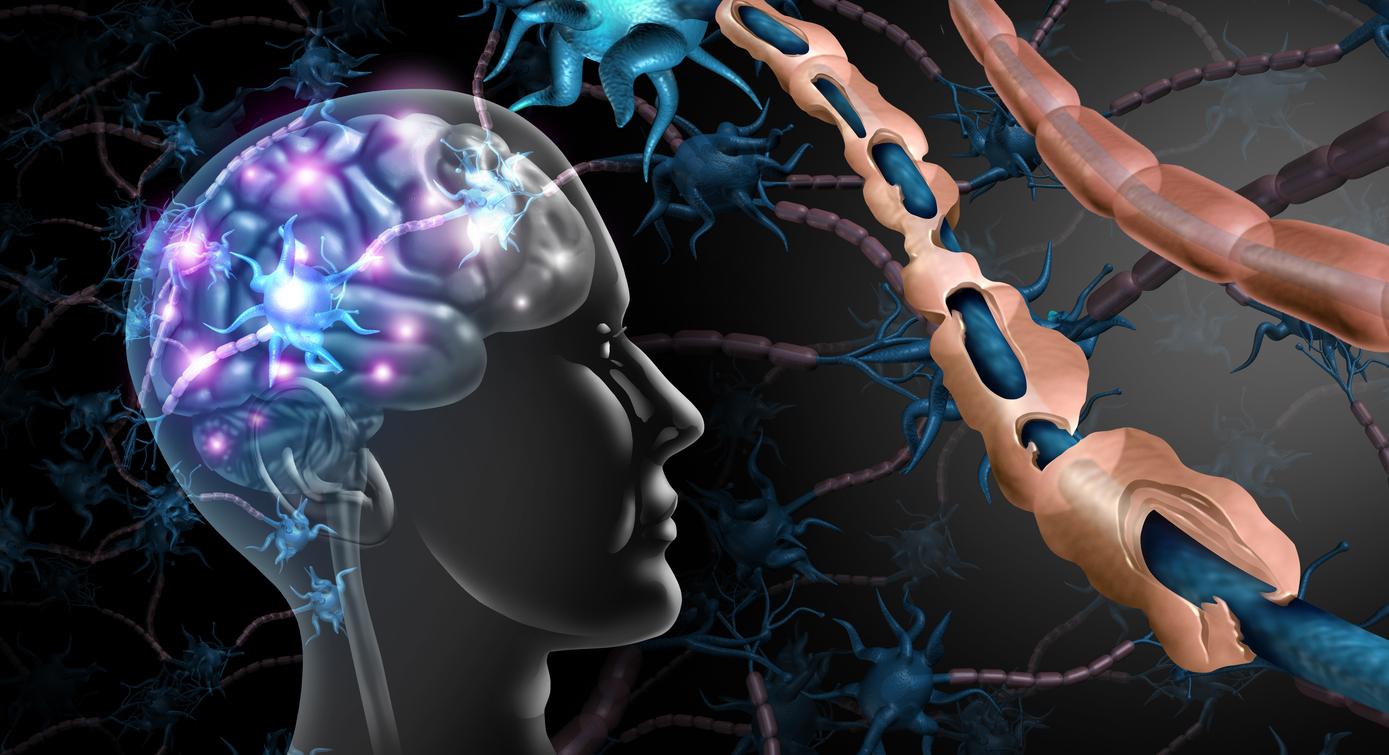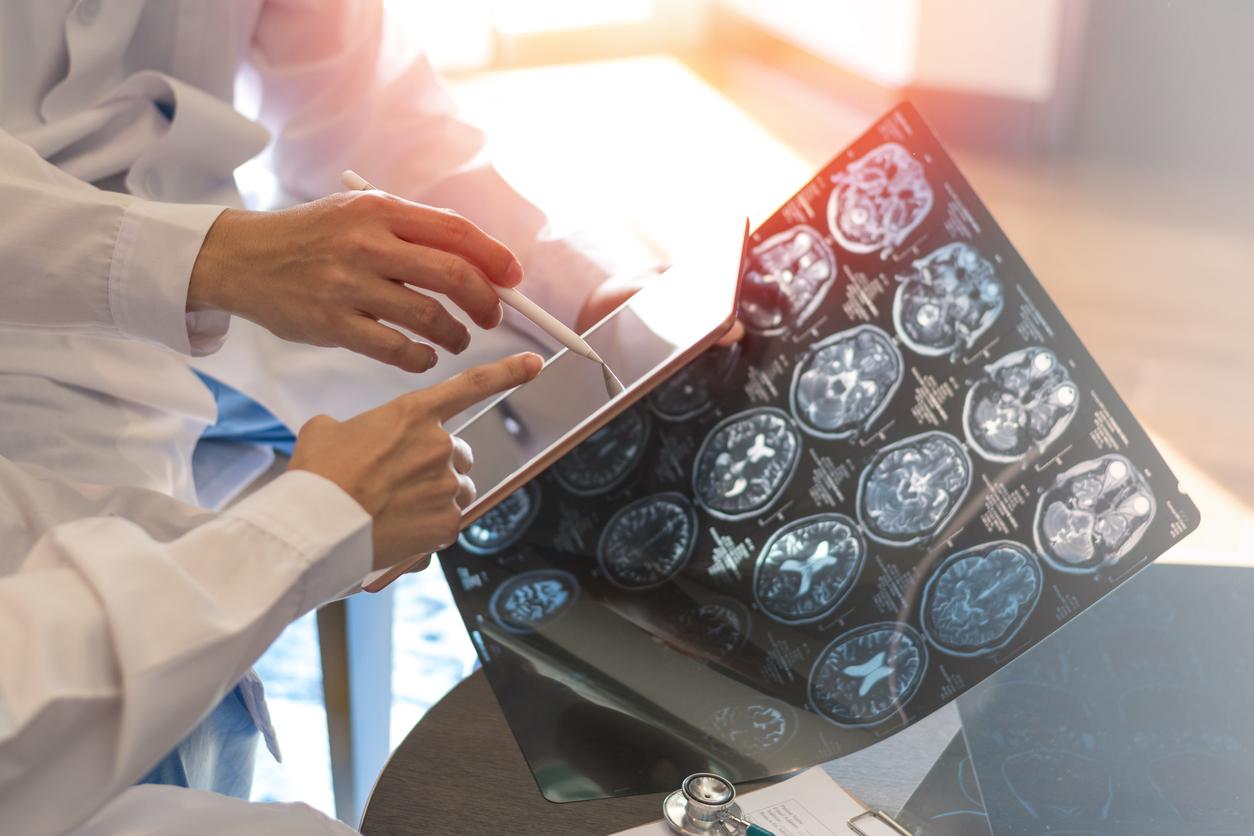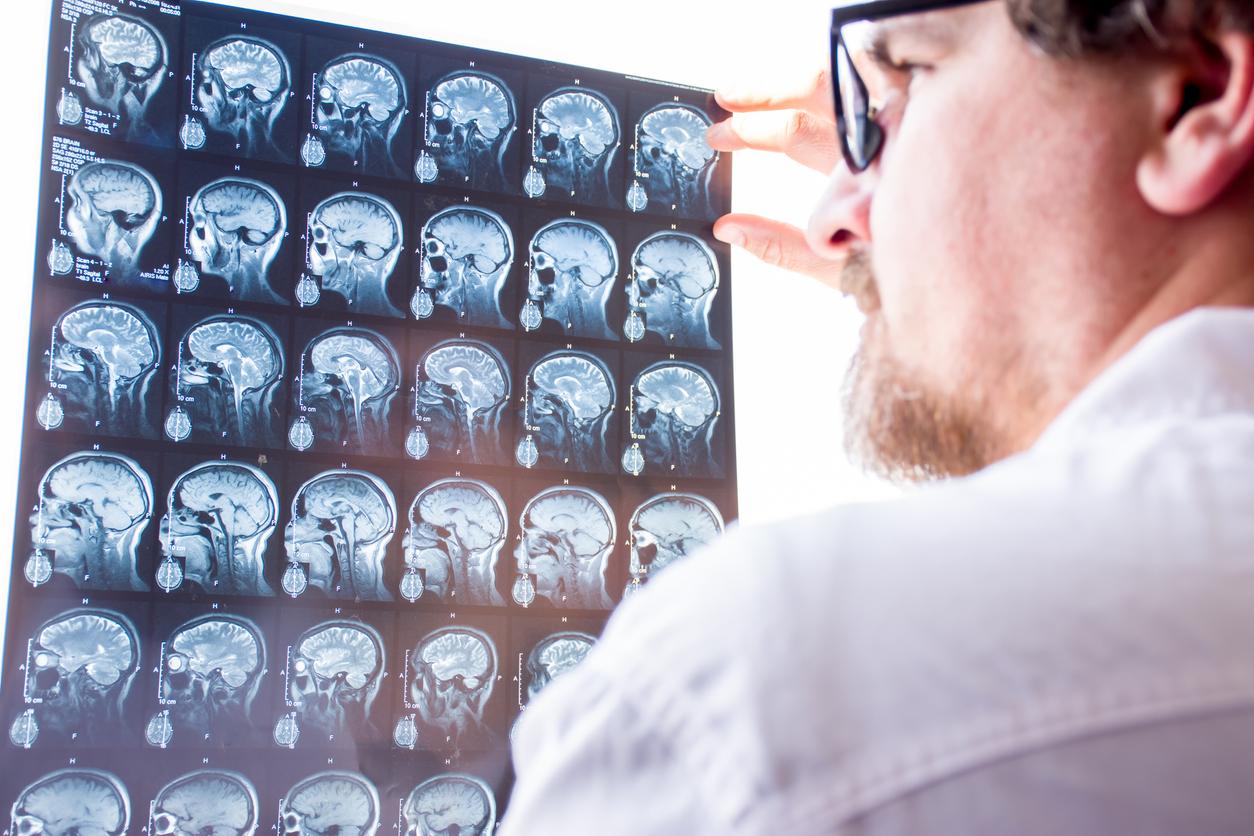A procedure involving autologous stem cell transplantation has shown better results in MS than available treatments.

There is currently no cure for multiple sclerosis. The molecules on the market only reduce the symptoms, and possibly slow down its progression. Results published by the American Institute of Allergy and Infectious Diseases (NIAID) in the journal Neurology are therefore encouraging, and open up a promising therapeutic path.
The clinical trial, called HALT-MS, involves 24 patients and evaluates blood stem cell therapy combined with immunosuppressive therapy (HDIT / HCT). It gave more than satisfactory results. Five years after treatment, multiple sclerosis no longer manifested itself for 69% of patients: no progression of symptoms, no relapse, no new nerve damage… More interestingly, certain pre-existing symptoms have regressed; and these hopeful results were achieved without any further treatment.
Immune system reset
Therapy has three stages. First, hematopoietic cells are taken from patients and cultured in the laboratory. These stem cells are the source of all blood cell lines: red blood cells, white blood cells and platelets. Before their reimplantation, patients undergo therapy aimed at damaging their immune system. With the subsequent supply of stem cells, the latter is in a way “reset”.
Because it is in fact the immune system that is responsible for multiple sclerosis, called autoimmune. Impaired functioning causes it to attack and destroy the myelin sheath that surrounds nerve cells. The nerve pathways are then affected, and their ability to transmit information is impaired, causing in particular balance and muscle disorders that affect walking, eye damage, or even sensitivity disorders and facial paralysis.
85% of patients are potential candidates
The treatment has been tested on patients with relapsing-remitting multiple sclerosis. This form of the disease is characterized by flare-ups, which can last a few weeks, before regressing. It concerns 85% of patients.
“The data suggests that a single treatment with HDIT / HCT may be more effective than the best long-term treatments available for patients with this type of multiple sclerosis,” said NIAID Director Anthony Fauci. These encouraging results support the idea of developing a large randomized clinical trial, which would allow us to compare this treatment with standard treatments for this often debilitating disease. “
During the clinical trial, some patients experienced treatment-related side effects, including infections. Effects, certainly expected, but which must be better evaluated.
“If our results are confirmed, HDIT / HCT could become a treatment option for patients with relapsing-remitting multiple sclerosis, especially for those who do not respond to existing therapies,” said Dr Danie Rotrosen, director of the department of allergies, immunology and transplants at NIAID.
.









